Today in Patent Law Class: Markman v. Westview Instruments
Patently-O
OCTOBER 10, 2022
Today in Patent Law Class, we covered the Supreme Court’s important decision in Markman v. 370 (1996) focusing on the question of whether the patentee has a 7th Amendment right to have a jury decide “genuine factual disputes about the meaning of a patent?” 2005) (en banc) was decided and the dust settled.

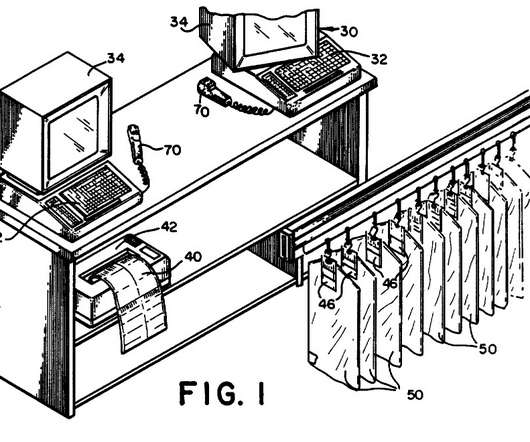

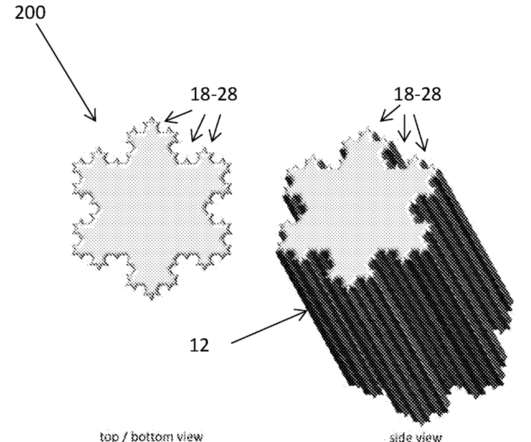


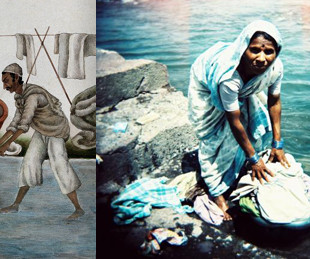

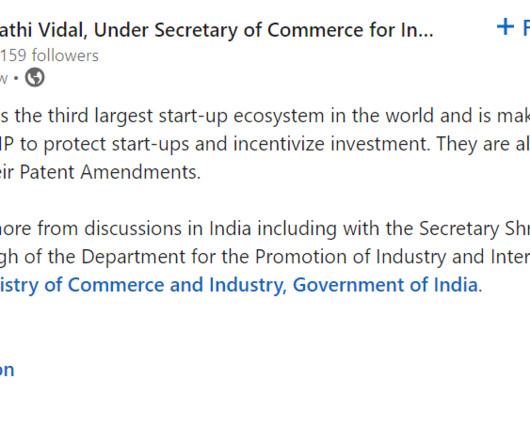
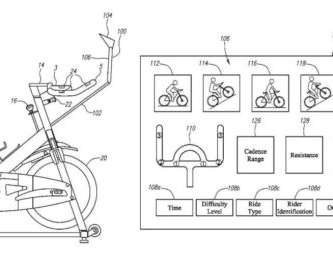
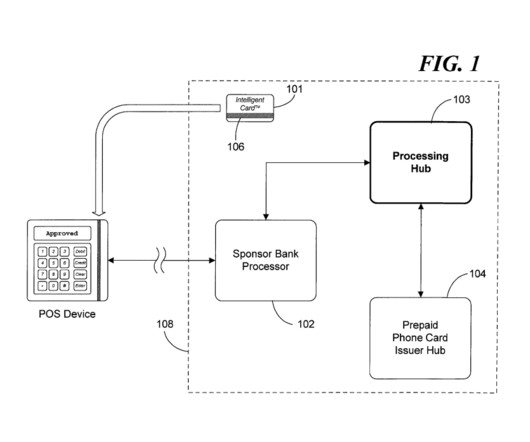

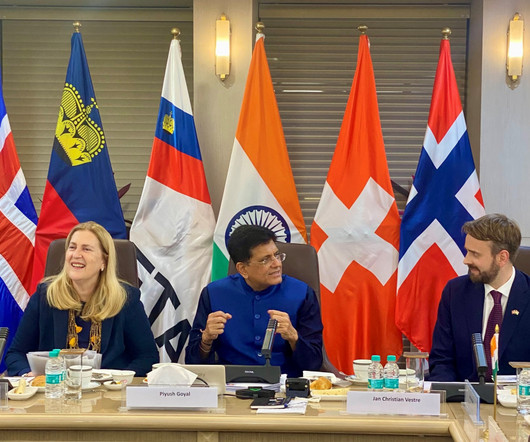
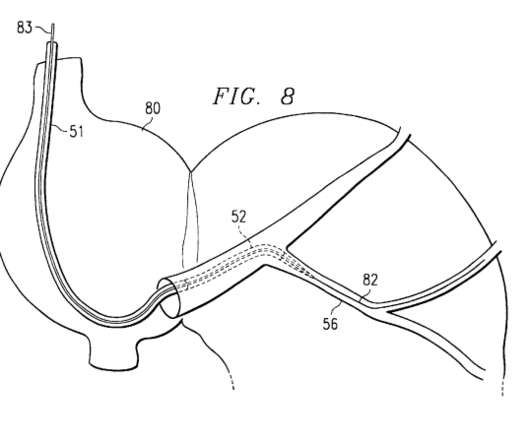









Let's personalize your content